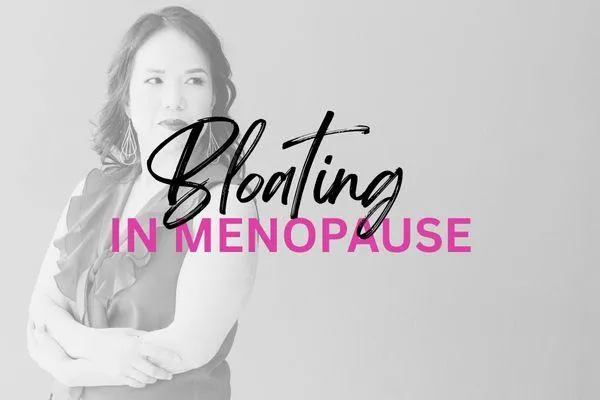
Bloating in Menopause: What’s Going On?
Bloating is one of the most common complaints I hear during perimenopause and menopause. Women often say, “My stomach feels fine in the morning, but by evening I look six months pregnant.”
The Hormone Connection
Progesterone and estrogen both influence digestion. Progesterone normally slows down gut motility—how quickly food moves through the digestive tract. Estrogen impacts fluid retention and also shapes the gut microbiome. When these hormones fluctuate during perimenopause, digestion can feel unpredictable. Constipation, diarrhea, or alternating between the two often accompany bloating.
Patient Perspective
One woman shared with me, “I thought I suddenly became gluten intolerant. I kept cutting foods out, but nothing helped.” Once she understood the role of hormone shifts, we worked together on strategies like fiber-rich foods, hydration, gentle exercise, and individualized hormone care. Her relief was immediate—not just from the symptoms, but from knowing she wasn’t imagining it.

What Helps
Meals: Limit salt, carbonation, processed carbs; hydrate
Movement: Walking, yoga, stretching aid digestion
Mind: Stress care calms gut-brain axis
Meds: Digestive aids or hormone therapy
The Bottom Line
Bloating in menopause isn’t random—it’s rooted in real biology. Understanding the connection helps you stop blaming yourself and start finding effective relief.
